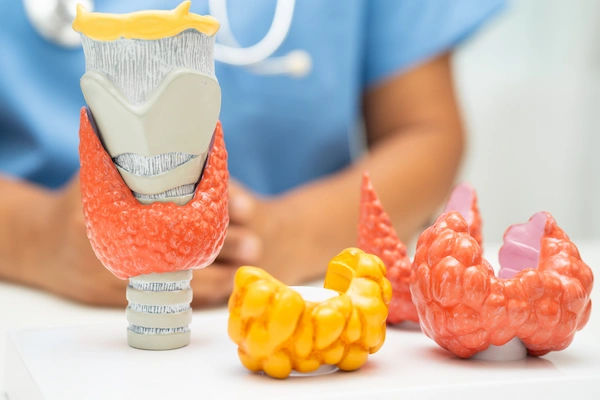- female
- 30 Years
- 29/01/2025
I did an IUI on February 15th, and my last period started on February 1st. I havent gotten my period yet, and the pregnancy test is negative. Im getting period-like cramps on and off, which is confusing because I'm usually pretty regular. Could you help me understand what's going on?
Answered by 1 Apollo Doctors
It is possible that the delay in your period and the presence of cramping could be due to various reasons such as hormonal imbalances, stress, changes in diet or exercise, or even the aftermath of the IUI procedure. It is important to monitor your symptoms and consult with your healthcare provider for further evaluation and guidance. In the meantime, you can consider taking medications like Medroxyprogesterone to help induce a period if deemed appropriate by your doctor.
Dr. Dr Khaleel Suggests...
Consult a Endocrinologist
Answered 04/07/2025
0
0

More Endocrinology Health Queries
View allHow does baking soda help a type 2 diabetic?
Effects of baking soda in terms of Diabetes are restricted to it's usage in an emergency called Diabetic ketoacidosis and fungal infection called Mucormycosis in Diabetic patients. Both of which are to be studied in more detailed pattern to ascertain the effect.
Answered by 1 Apollo Doctors
What is a sugar patient called?
Diabetic
Answered by 1 Apollo Doctors
Is drinking water good for diabetics?
Yes, diabetics need to drink enough water to prevent dehydration. Dehydration leads to release of a hormone named, vasopressin which stimulates liver and increases blood sugar levels. So, inorder to prevent this diabetics need to drink enough water daily.
Answered by 1 Apollo Doctors
Disclaimer: Answers on Apollo 247 are not intended to replace your doctor advice. Always seek help of a professional doctor in case of an medical emergency or ailment.




